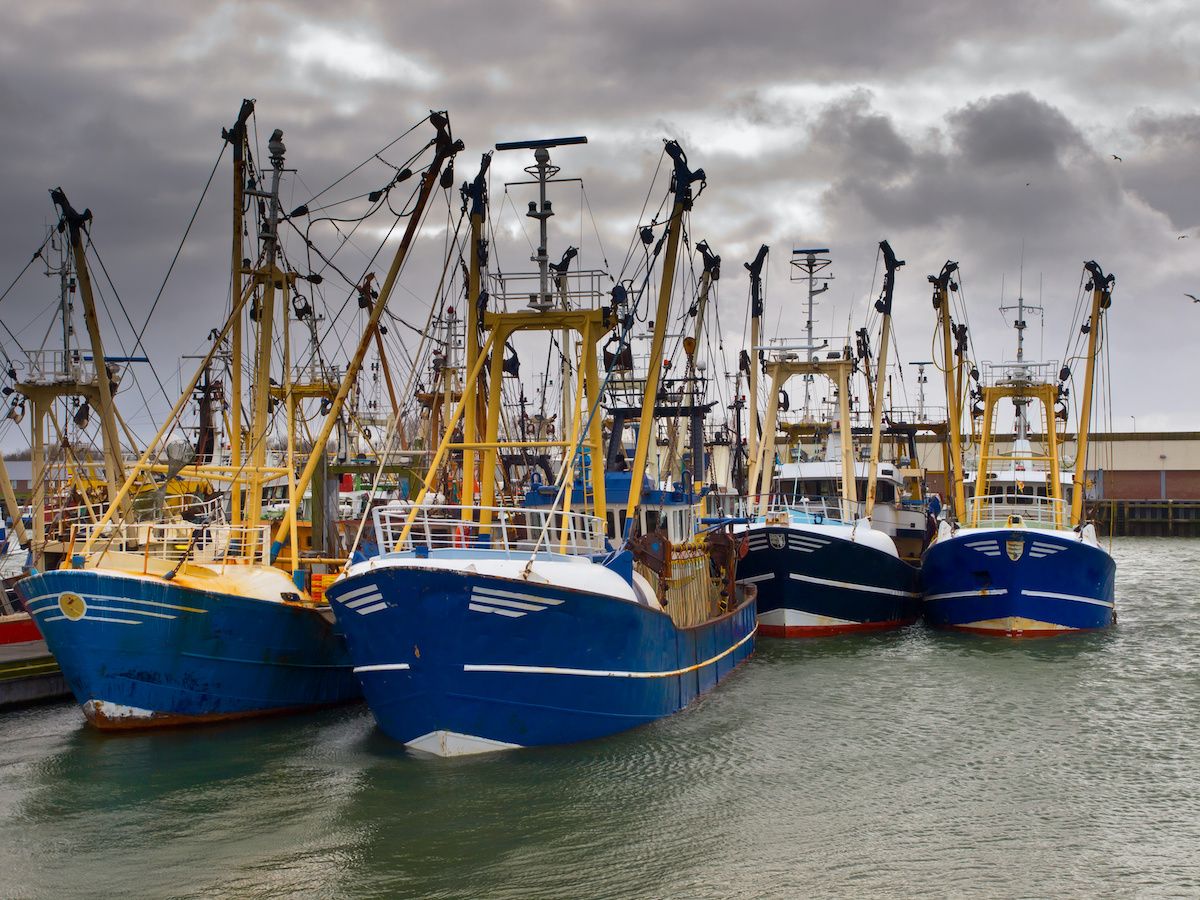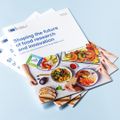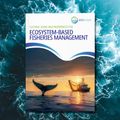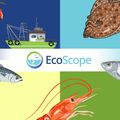European Fisheries stakeholders view Global Warming as a main Challenge to sustainably managing fisheries
A survey conducted by the EU-funded EcoScope project indicated that EU fisheries stakeholders also regard bycatch and protected fishing areas as key topics for sustainably managing fisheries.
June 28, 2022 - Global warming is seen as a key difficulty in sustainably managing European fisheries in the future, according to a comprehensive survey conducted by the EU-funded EcoScope Project.
The study indicated that 72.2 percent of those surveyed noted that they view global warming as a major barrier to sustainably managing fisheries. This was followed by bycatch and protected areas and fisheries restricted areas, (50% each) in terms of managing fisheries sustainably in the ecosystem context.
Biodiversity indicators came in as the fourth most important topic (44%) while trade-offs between different uses of marine and coastal areas and species distribution were fifth at 33.3%.
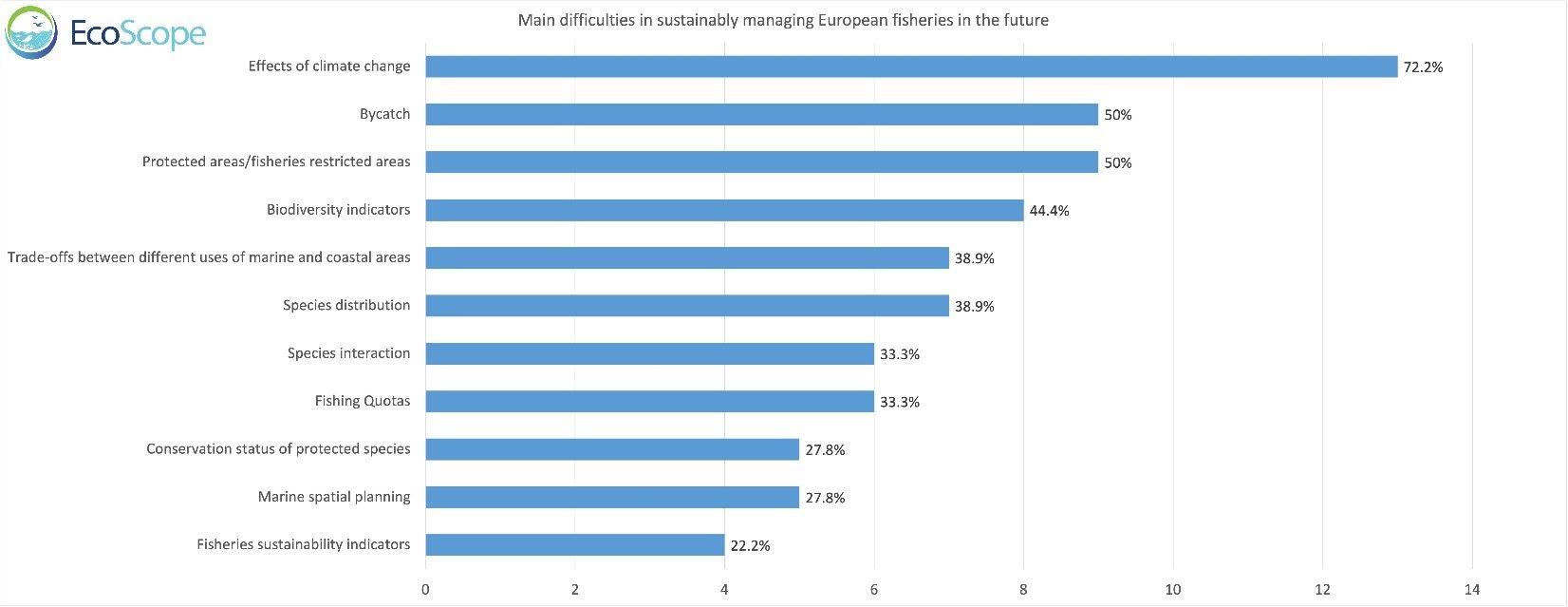
The survey was conducted to formulate an accurate understanding of fisheries stakeholders’ main needs, challenges, and possible obstacles. EcoScope aims to develop a series of e-tools that can be easily used by stakeholders as a decision support system to implement an ecosystem-based fisheries management (EBFM).
“The data provided from this survey will be evaluated and implemented by EcoScope, to fine-tune the accuracy of their marine policy scenarios, and spatial planning simulations amongst many other complex models and techniques,” said the coordinator of the EcoScope Project, associate professor Athanassios C. Tsikliras of the Aristotle University of Thessaloniki.
“EcoScope Project is well-positioned to address many of the key concerns and needs reported in this survey. The insights obtained are highly valuable for the development of the EcoScope e-tools and the project will continue to engage with stakeholders to ensure the final tools address stakeholders’ needs.”
Stakeholders were invited to answer the questionnaire, formulated by EcoScope partner The European Marine Board, based on their relevance for EBFM at the European level. They included a well-balanced cross-section of members including scientific advisory bodies, management, regulatory bodies, policymakers, and NGOs.
